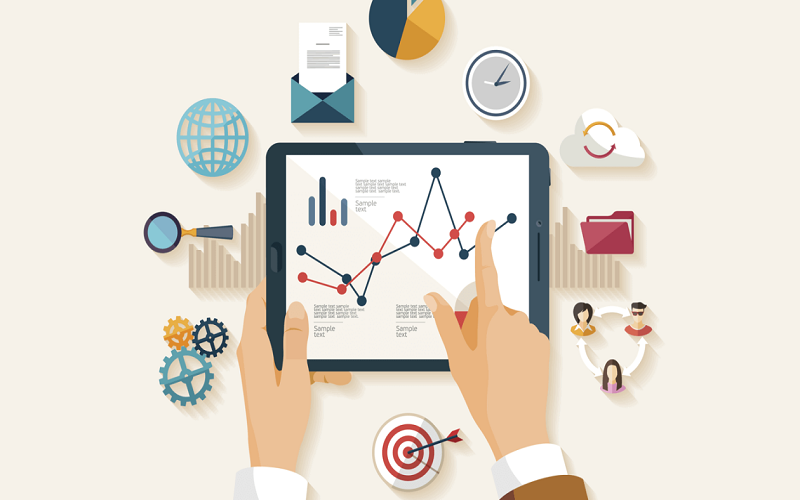
For hotels to run smoothly and provide top-notch guest experiences, a property management system (PMS) is essential. Hotel employees may concentrate on serving guests, simplify procedures, and have a centralized view of property data with the correct PMS. Let us examine the essential characteristics of a property management system that hotels ought to consider.
Bookings and Reservations
Managing bookings and reservations is a fundamental task for any PMS. It is simple for visitors to make online reservations for rooms via the hotel website or other websites thanks to an efficient system. Employees can also use any device to manage reservations, check availability, block rooms, and make changes to existing bookings. Seek for a PMS that offers customizable rate plans and packages and interacts easily with the main booking channels. The booking experience is further improved by advanced reservation options including waitlists, group reservations, and personalized booking forms.
Guest Handling
The PMS serves as the focal point for all visitor communications and data. A guest profile that may be customized to save contact information, preferences, membership levels, previous visits, and more should be included. The PMS should lead personnel through a streamlined procedure to obtain all required data during check-in. Allowing visitors to check in online before their arrival is also beneficial. The PMS should facilitate automatic or expedited check-out in addition to digital receipts and folios. This saves staff time and streamlines the procedure for visitors.
Management of Rooms and Rates
Effectively controlling room availability and pricing is essential for hotels. Hotels can establish flexible room kinds, configure room attributes, and manage room status and availability in real time with the help of an efficient PMS. Hotels can also design bundles and special rates with it. Seek technologies that facilitate the configuration of dynamic rates according to demand, occupancy, and reservations within particular time frames. Channel managers should be able to push pricing to outside websites with the help of the PMS.
Catering and Sales
Strong sales and catering tools in a PMS assist hotels in increasing non-room revenue. It enables employees to keep track of catering orders, banquet arrangements, and banquet and event bookings. The process is elevated by sophisticated elements including the capacity to design unique menus, floor layouts, and proposals. The possibilities are further enhanced by integrations with point-of-sale (POS) systems to handle in-person food and beverage sales. These techniques can be used by hotels to increase on-site spending and event bookings.
Revenue Management and Accounting
In accounting tasks, the PMS serves as the primary record system. It must make posting charges, payments, and guest account modifications simple. Tools for financial reporting, forecasting, and budgeting are also necessary for Hotel Management System. Choose a PMS that easily combines with accounting software to make data transfer and reconciliation simple. To optimize earnings, it should support rate shopping, channel distribution, and optimization on the front end of revenue management.
Remote and Mobile Access
A PMS must provide smooth mobile access on any device, considering how mobile hotel operations are. Whether working in banquet rooms, housekeeping, or at the front desk, staff members should be able to complete essential jobs. Employees working remotely must also be able to access the PMS via a web interface. This guarantees that hotel resources and data are available anywhere, at any time. Furthermore, mobile features like digital keys, contactless services, and mobile check-in/check-out are appreciated by visitors.
Connectivity with Third Parties and Integrations
Nowadays, no PMS functions as a stand-alone system in the hospitality industry. Hotel rooms must be seamlessly integrated with marketing platforms, property devices, and third-party channels. A PMS with API support enables rapid and safe connections. Using an expanding network of partner apps enables hotels to enhance their capabilities. Channel managers, POS systems, smart locks, guest WiFi, CRM tools, and more could be important connectors. The PMS investment is future-proof thanks to this degree of flexibility.
Intelligence for business and reporting
Business decisions must be based on actionable data-driven insights. Therefore, to provide strong reporting and business intelligence capabilities, the PMS needs to go beyond transactional data. Dashboards for data visualization, benchmarking, and predictive analytics are examples of advanced features. Hotel managers may boost performance by having a unified perspective of operations with the help of the correct BI tools.
Personalization and Assistance
The option to personalize the PMS is crucial because every property has different demands. Hoteliers ought to search for customizable features, branding, processes, and templates. A marketplace or app store for the PMS to add new features is also beneficial. Entire support via web-based tools, instruction, and committed advisors facilitates adoption and problem-solving. A committed supplier is aware of the needs of the hotel industry and strives to provide consistently improved products.
Communications and Staff Management
Staff management tools are part of an efficient PMS. Hotels can use it to manage time-off requests, process payroll, assign responsibilities, and keep track of schedules. Managers can assign banquet workers to events, room attendants to floors, and more with the appropriate PMS. Additionally, it ought to make departmental internal communications easier. For instance, housekeeping can let the front desk know if any rooms are out of order. Coordination is enhanced by integrated tools including task management, shared calendars, and staff messaging. Advanced features include schedules and pay stubs accessible around the clock via a staff portal, staff performance reports, and training. All of this maximizes the productivity of the workers.
Security and System Administration
Search for a PMS that enables administrative modification of user profiles, permissions, and system workflows. The configuration must be able to be configured by hotel owners by their operating processes and brand requirements. Having tools to handle updates, create backups of data, and implement system-wide changes as necessary is also crucial. The PMS should incorporate strong access controls, activity logging, and encryption for security. Data about employees and visitors must be shielded from illegal access by robust authentication and privacy controls. A perfect system that complies with regulations is subject to frequent external audits. This reassures hotels that cyber-attacks won’t affect their vital operations and financial systems.
In summary
Through careful consideration of these essential factors, lodging establishments can choose a property management system that meets their unique needs. The ideal PMS enhances the visitor experience while empowering employees by serving as the digital backbone. It offers the operational effectiveness, practical insights, and adaptability required to prosper in the current competitive environment.
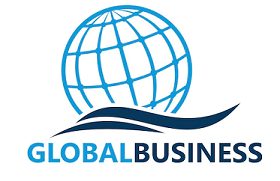
 Yext SEO Optimization Guide for Small and Enterprise Businesses
Yext SEO Optimization Guide for Small and Enterprise Businesses  Common Mistakes to Avoid When Working with a B2B Marketing Agency
Common Mistakes to Avoid When Working with a B2B Marketing Agency  Everything You Need to Know About Floor Cleaning in Oregon & Southwest Washington
Everything You Need to Know About Floor Cleaning in Oregon & Southwest Washington 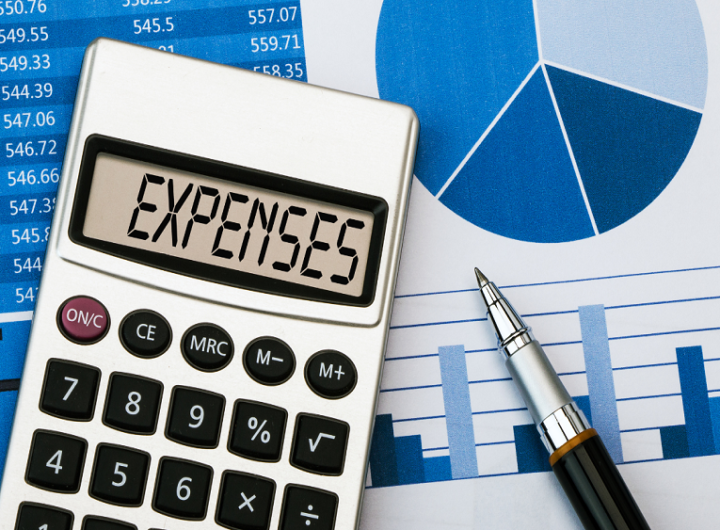 How Accountants Can Support Businesses in Navigating Complex International Tax Regulations
How Accountants Can Support Businesses in Navigating Complex International Tax Regulations  Benefits and Challenges of Implementing Employee Monitoring Systems
Benefits and Challenges of Implementing Employee Monitoring Systems  Efficient Ice Cream Delivery: Chiller Van Rentals for Businesses
Efficient Ice Cream Delivery: Chiller Van Rentals for Businesses  What Is the Role of Side Income in Achieving Independence?
What Is the Role of Side Income in Achieving Independence? 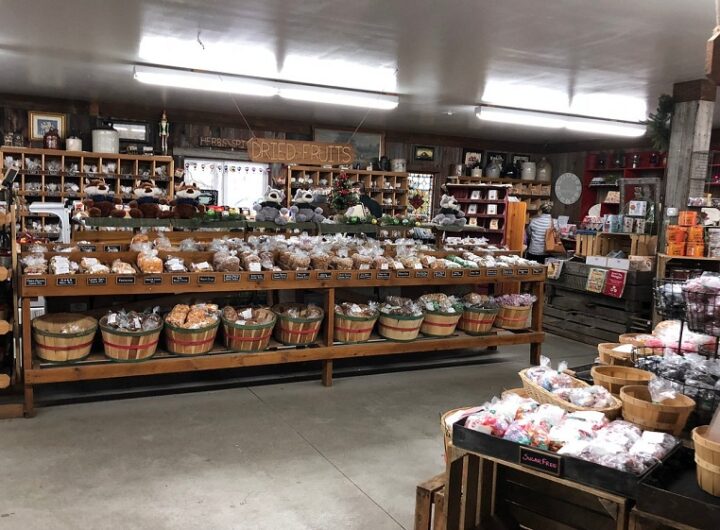 Why Schutts Gas Struts Are the Perfect Choice for Industrial and Commercial Applications
Why Schutts Gas Struts Are the Perfect Choice for Industrial and Commercial Applications 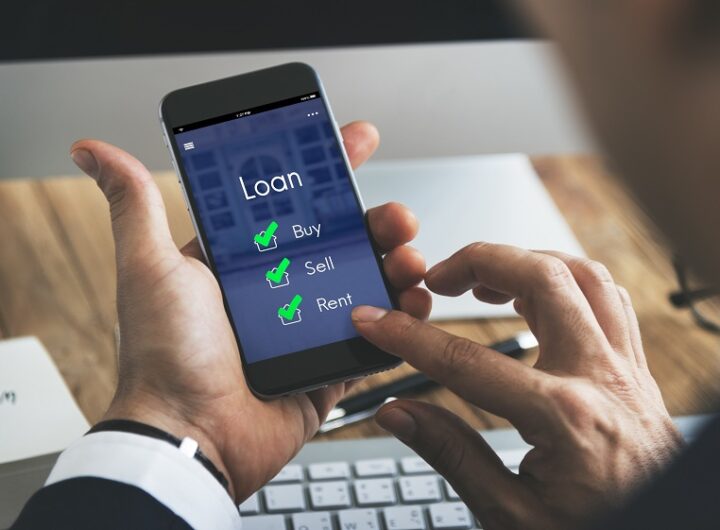 How Loan Calculators Help Borrowers Plan EMIs With Greater Accuracy
How Loan Calculators Help Borrowers Plan EMIs With Greater Accuracy